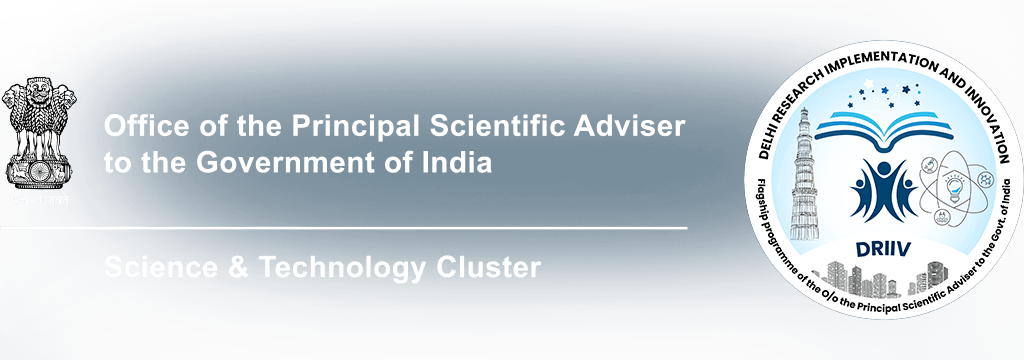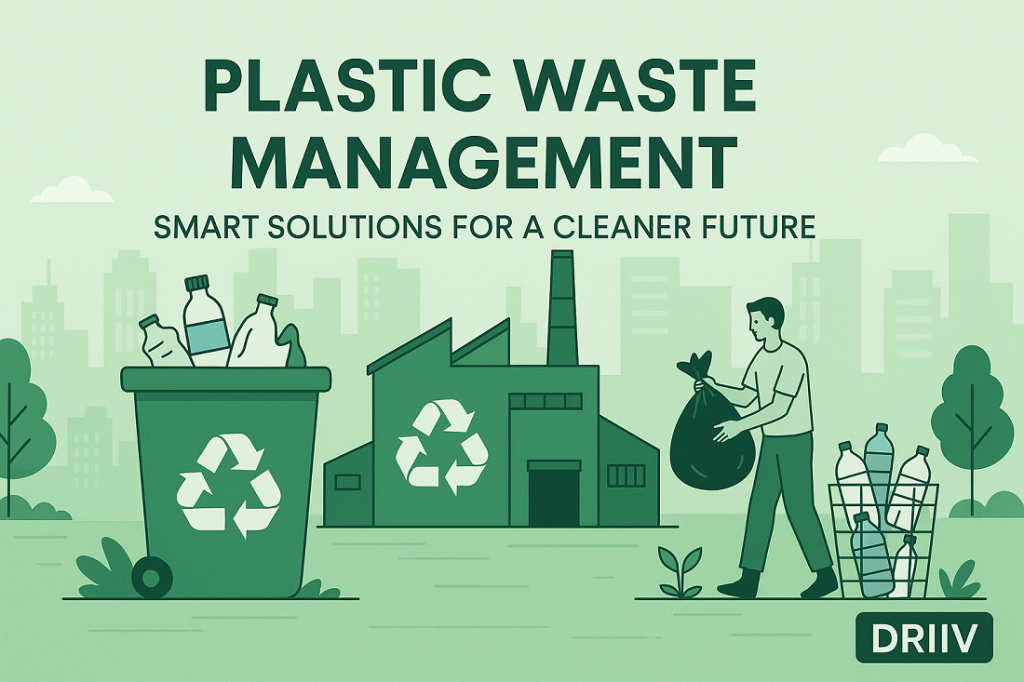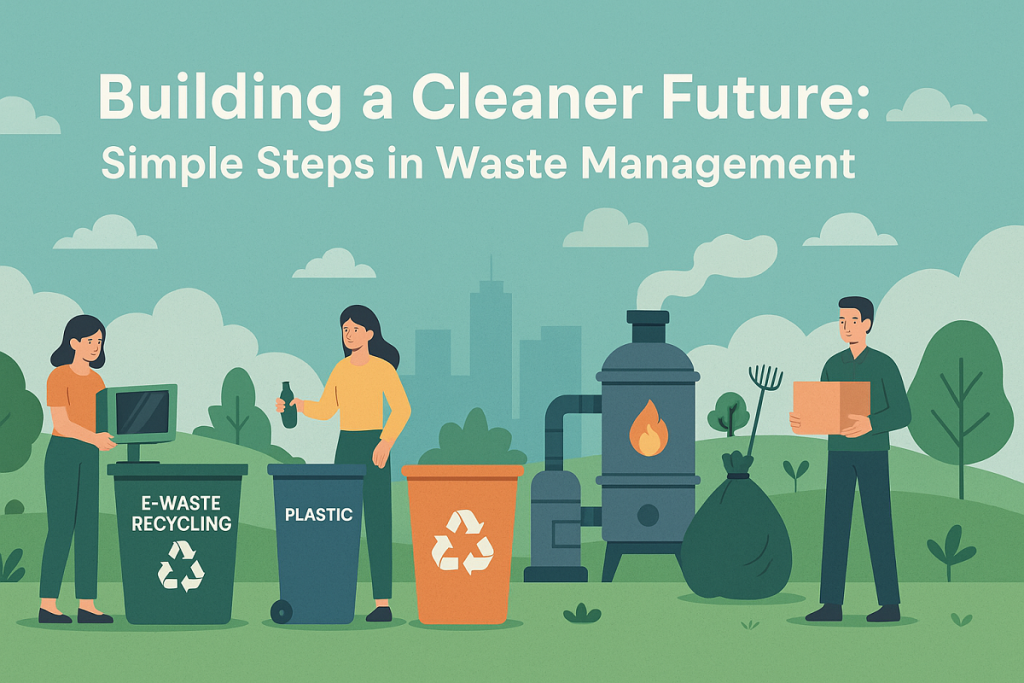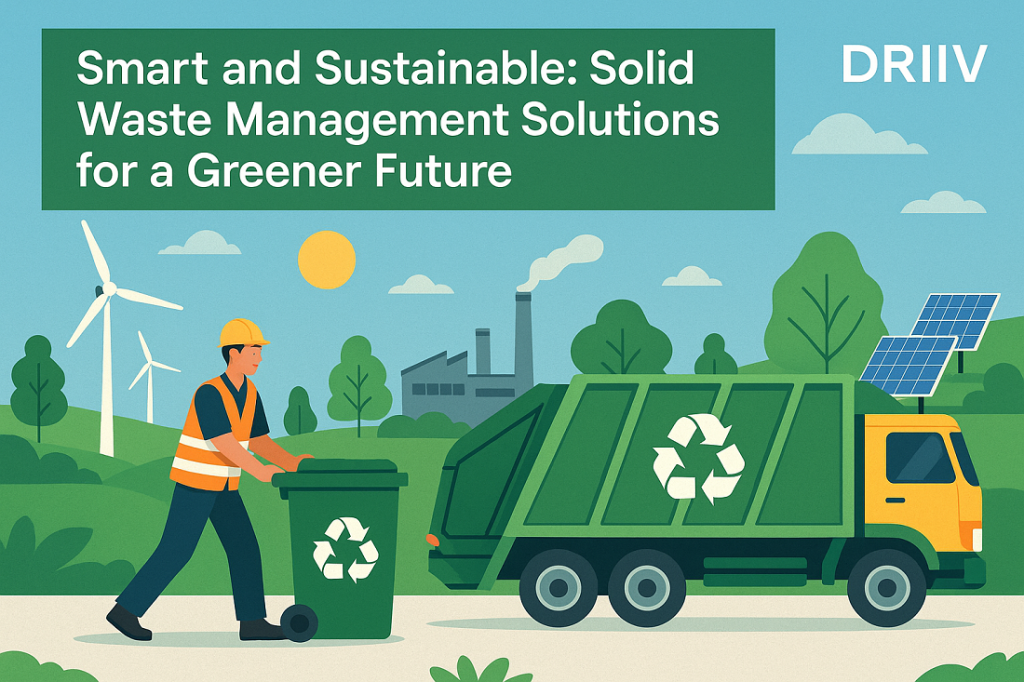Introduction
Plastic is everywhere — in packaging, bottles, bags, and many of the products we use every day. But once used, this plastic often becomes waste, polluting our environment. Plastic waste is a big problem in India and around the world. That’s why Plastic Waste Management is so important today.
At DRIIV, we are working to find smart and sustainable solutions to manage plastic waste. Our goal is to keep the environment clean and support a circular economy where waste is reduced, reused, and recycled.
In this blog, we will explain what plastic waste management in india is, why it is important, the problems caused by plastic, and the solutions we offer at DRIIV for a cleaner future.
What is Plastic Waste Management?
Plastic Waste Management means collecting, sorting, recycling, or disposing of plastic in a way that is safe for the environment. This process helps reduce pollution, save resources, and protect public health.
It includes:
- Collection and Segregation: Picking up plastic waste and separating it from other types of waste.
- Recycling: Converting used plastic into new products.
- Reusing: Using plastic items again before throwing them away.
- Scientific Disposal: Burning non-recyclable plastic safely using technologies like plasma pyrolysis.
Why is Plastic Waste Management Important?
Plastic takes hundreds of years to break down. If not managed properly, it pollutes our land, water, and air. It harms animals, clogs drains, causes flooding, and adds to health problems in cities and rural areas.
India generates over 3.5 million tonnes of plastic waste every year, and only a small portion is recycled. The rest ends up in landfills, rivers, and oceans. That’s why effective Plastic Waste Management is a top priority for the government and organisations like DRIIV.
Challenges of Plastic Waste Management in India
Managing plastic waste is not easy. Some of the major challenges are:
- Lack of awareness: Many people don’t know how to separate or recycle plastic.
- Mixed waste: Plastic is often thrown away with food or other trash, making it hard to recycle.
- Insufficient recycling plants: Many cities do not have enough recycling facilities.
- Low value of recycled plastic: It’s often cheaper to make new plastic than recycle old ones.
- Microplastics pollution: Tiny plastic particles enter our food and water, harming health.
DRIIV’s Role in Plastic Waste Management
At DRIIV, we are focused on sustainable solutions for Plastic Waste Management. We work with scientists, startups, government bodies, and communities to find and implement better ways to handle plastic waste.
Know More: https://www.driiv.co.in/solid-waste-management.aspx
Some of our efforts include:
1. Innovation in Recycling Technologies
We support startups and researchers who create new recycling methods like:
- Chemical recycling – converting plastic back to fuel or raw materials.
- Biodegradable plastics – plastics that break down naturally over time.
- Plastic to construction materials – using recycled plastic in making bricks, tiles, and road materials.
2. Awareness and Community Engagement
We help raise awareness about Plastic Waste Management by:
- Organising clean-up drives.
- Training school children and college students on waste segregation.
- Running digital campaigns to reduce single-use plastics.
3. Smart Segregation and IoT Solutions
DRIIV supports the use of smart bins and IoT (Internet of Things) for better tracking and segregation of plastic waste. This improves recycling rates and reduces waste at source.
4. Support for Circular Economy
We promote the circular economy by encouraging reuse and repurposing of plastic items. Instead of a “use and throw” model, we support a “use, recycle, and reuse” system.
Government Rules Supporting Plastic Waste Management
India has several laws to manage plastic waste, including:
- Plastic Waste Management Rules, 2016
- Extended Producer Responsibility (EPR) – companies that produce plastic must also help collect and recycle it.
At DRIIV, we help industries and local governments follow these rules through innovative tech and sustainable systems.
Future of Plastic Waste Management in India
The future looks promising if we take action now. With the right technologies, awareness, and partnerships, we can solve the plastic problem.
DRIIV is investing in eco-friendly technologies, encouraging green startups, and partnering with local authorities for plastic-free zones and recycling hubs.
How You Can Help in Plastic Waste Management
Plastic waste is not just a government or company problem — it’s everyone’s responsibility. You can help by:
- Saying no to single-use plastic.
- Carrying your own shopping bags and bottles.
- Separating plastic waste from wet and other dry waste.
- Supporting local recycling businesses.
Every small step matters when it comes to managing plastic waste.
FAQs on Plastic Waste Management
1. What is the meaning of Plastic Waste Management?
Plastic Waste Management means handling plastic in a way that it is collected, sorted, recycled, reused, or safely disposed of to protect the environment.
2. Why is plastic waste a serious problem in India?
India generates over 3.5 million tonnes of plastic waste annually. Most of it is not recycled and ends up in landfills, water bodies, or burnt, causing pollution.
3. What is DRIIV doing for Plastic Waste Management?
DRIIV supports innovation in recycling, promotes community awareness, works with startups, and uses smart technologies to manage and reduce plastic waste in India.
4. What are some examples of plastic recycling technologies?
Examples include chemical recycling, converting plastic to fuel, making construction bricks from plastic, and developing biodegradable plastic alternatives.
5. What are the 3 Rs in Plastic Waste Management?
The 3 Rs are: Reduce, Reuse, and Recycle. These principles help reduce the amount of plastic waste and protect the environment.
6. How can citizens contribute to plastic waste management?
You can reduce plastic use, reuse what you can, separate plastic waste, and support recycling efforts in your area.
7. What are microplastics, and why are they harmful?
Microplastics are tiny plastic particles that enter water and food. They are harmful to health and the environment and are hard to remove once released.
8. What are the government rules on plastic waste in India?
India’s Plastic Waste Management Rules 2016 and EPR policies hold manufacturers responsible for collecting and recycling their plastic products.
Conclusion
Plastic Waste Management is a serious issue, but with smart solutions, it can be controlled. At DRIIV, we are committed to supporting India’s mission for a plastic-free, clean, and green future.
Through technology, awareness, and partnerships, we can make a big difference. Whether you are a student, citizen, policymaker, or business owner — your role is important.
Together, let’s manage plastic the smart way — and build a better tomorrow.




